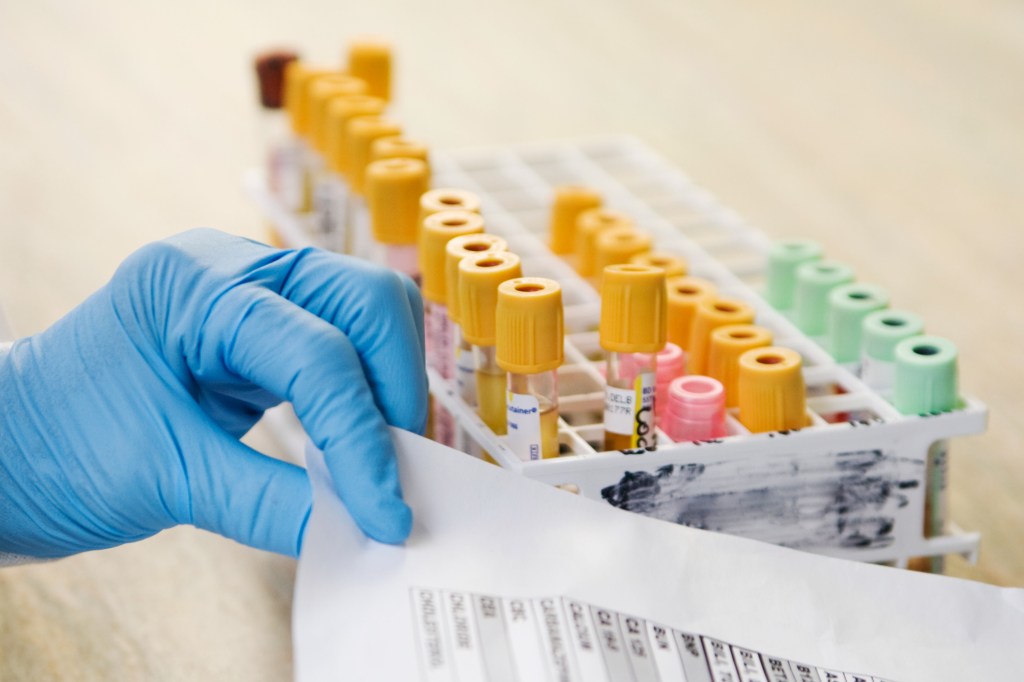Norwegian surveillance has found a low level of flour samples positive for Shiga toxin-producing E. coli (STEC).
The Norwegian Food Safety Authority (Mattilsynet) commissioned a survey of STEC in wheat flour to gather data on the problem.
A total of 151 samples of flour were collected from retailers in 2021 and analyzed in 2022. Enriched samples were examined for the presence of selected genetic markers. Attempts to isolate STEC were carried out from samples that were positive for Shiga toxin (stx) 1 and/or stx2. Isolates identified as STEC were further characterized using whole genome sequencing.
STEC was isolated from three samples. They were identified as STEC O187:H28, O155:H21, and O154:H31 and none of the isolates harbored the eae gene.
There is not much literature on how flour is contaminated and about its microbiological quality, although some studies have been done.
Results showed that the occurrence of STEC in flour on the Norwegian market was low. Although STEC was isolated, it didn’t have virulence genes associated with a serious infection or belong to the serogroups most often associated with the disease.
Such products had not been analyzed in Norway previously and despite the low number of samples tested, findings provide baseline knowledge for the industry, authorities, and other groups.
In 2019 in Norway, 511 STEC cases were recorded. In 2020, there was a decrease to 331 cases, and in 2021, the number was 438. The most common serogroups are O26, O103, and O157.
Prime drink issues
Meanwhile, authorities in Norway have joined colleagues in Denmark in warning about Prime-branded drinks that are made by American company Congo Brands.
Prime Hydration and Prime Energy have become popular in Norway, especially among children and young people, in a short time. Officials are concerned that added vitamins, minerals, caffeine, or other substances in the beverages may pose a health risk for consumers.
Certain quantities of vitamins, minerals, and other substances can be added to various foods and beverages. If they are not already permitted, the business must apply for approval. The Norwegian Food Safety Authority then assesses whether the added items may pose a health risk before a permit is granted.
The agency said so far it has not received applications from importers with the necessary information about Prime products. Some flavors have a higher caffeine content than is permitted under current regulations. Others have a high amount of vitamin A, which people can get in sufficient quantities from other foods. Excessive intake of vitamin A over a long period can damage the liver.
The Norwegian Food Safety Authority said importers are responsible for the safety of goods they bring into the country and must ensure products meet the relevant regulations.
In Denmark, the sale of such products without notification is not allowed.
The Danish Veterinary and Food Administration (Fødevarestyrelsen) said it has found Prime drinks illegally sold online via websites such as Facebook. The agency recently banned sales of the drinks from five registered and unregistered companies. Efforts are part of an ongoing control campaign, where companies’ sales of items that include added vitamins, minerals or certain other substances are being checked.
The Danish Veterinary and Food Administration said it had been approached by parents who asked if the drink was safe for their children.
If Prime products have added substances or amounts of additives that are not pre-approved, then they must go through an approval process but authorities said this hasn’t happened. If the drinks comply with the rules for added quantities, importers can register them so they can be legally sold in Denmark.
(To sign up for a free subscription to Food Safety News,click here.)
Note: This article have been indexed to our site. We do not claim legitimacy, ownership or copyright of any of the content above. To see the article at original source Click Here













